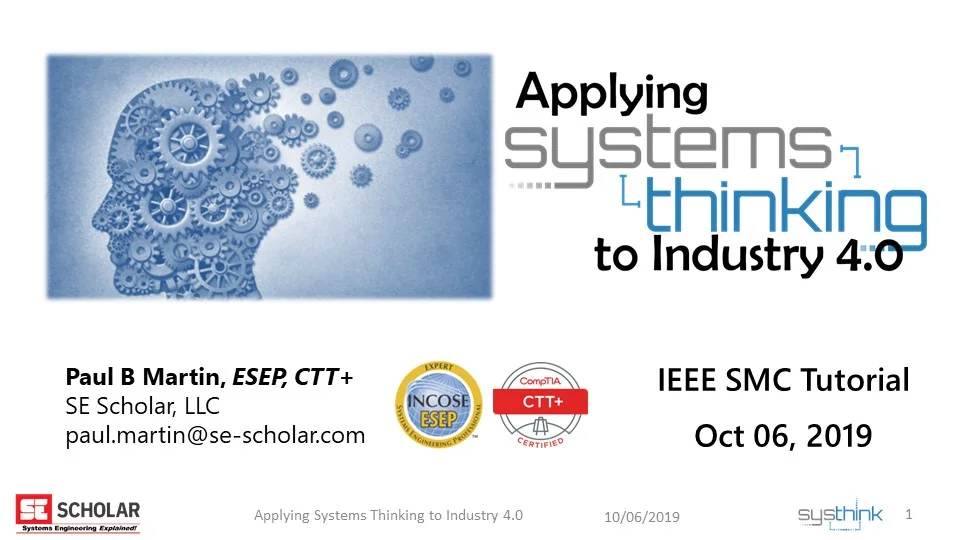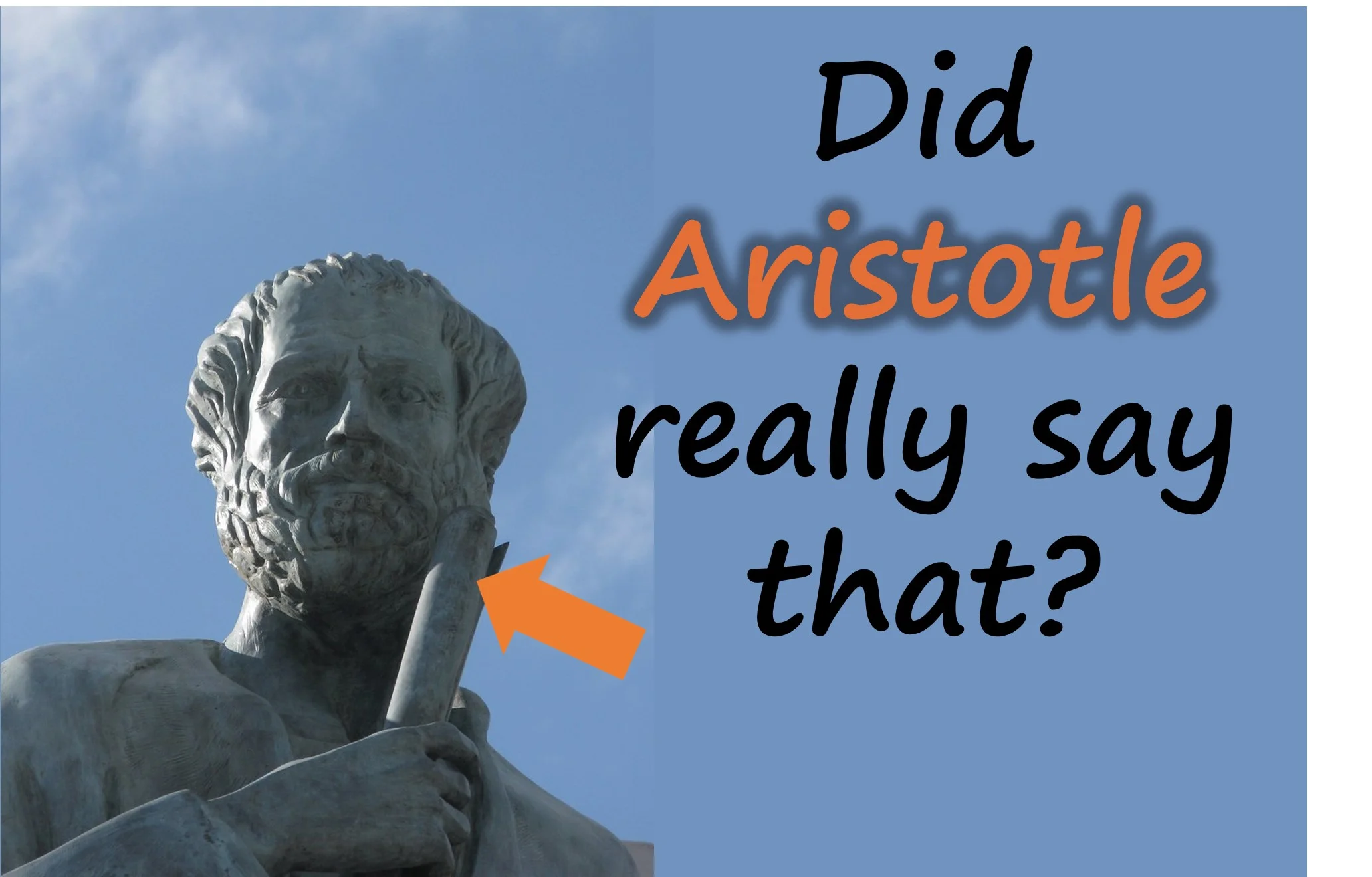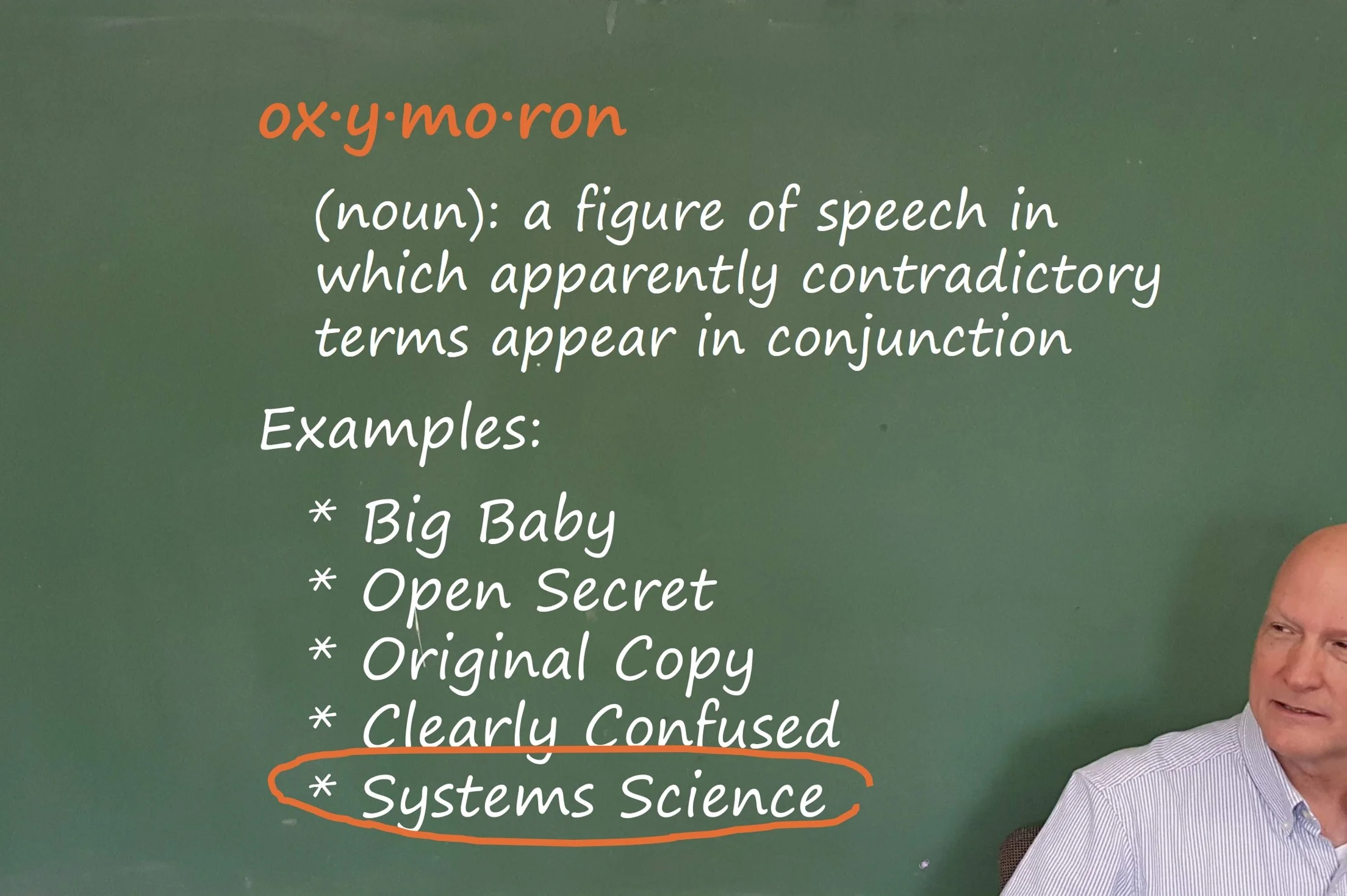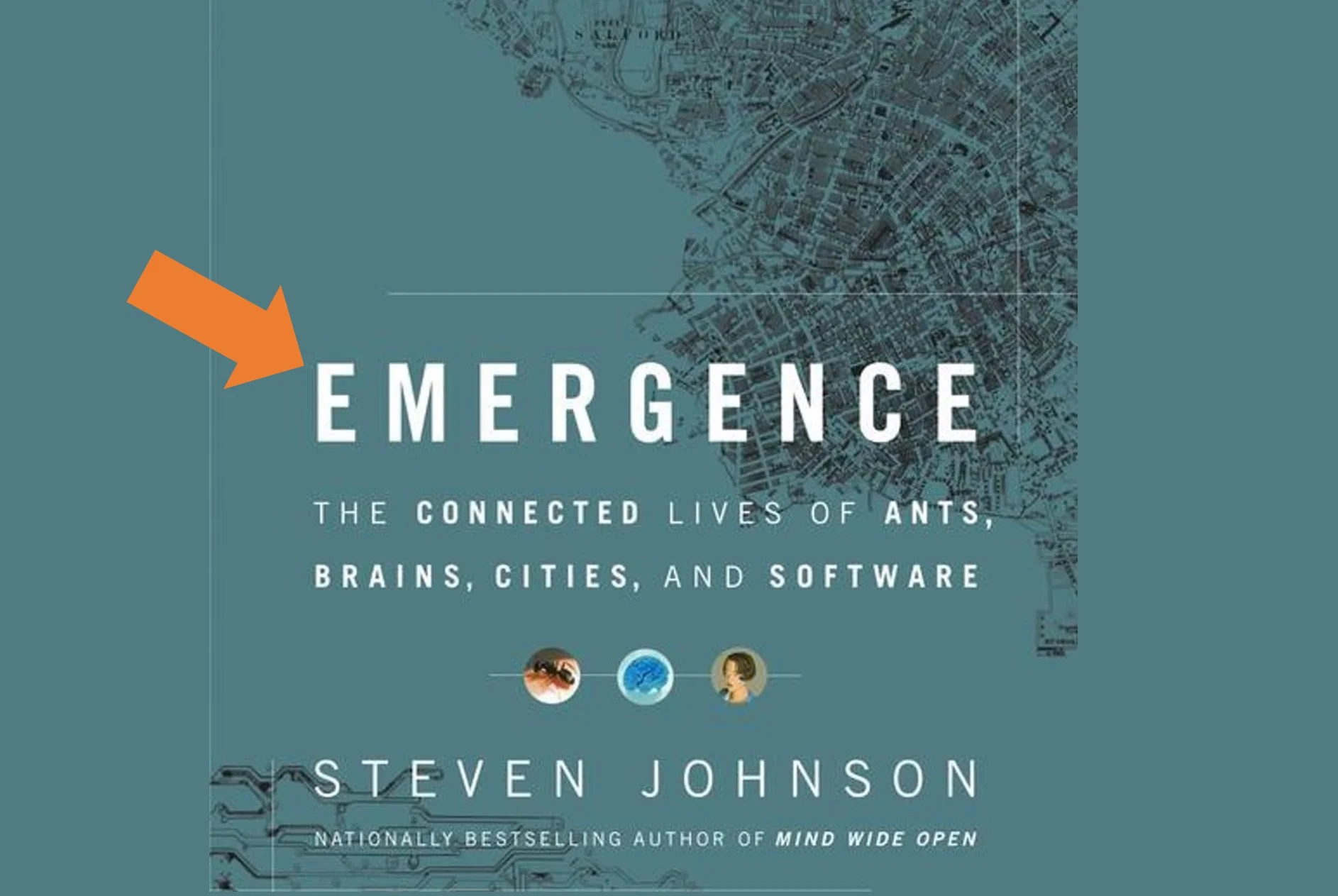Where's the fight?
Every now and then I get an invitation in the mail to partake in a one day seminar for Edward Tufte's “Presentation Data & Information.” I've never been able to go but the invitation I receive has a wonderful reproduction of an 1869 information map by Charles Joseph Minard. On one graphic, Minard depicts multiple variables: size of the Napoleon's army, temperature, location, time in months and direction of army’s movement on a map. It really is a well thought out graphic and it inspires me to create better and more informative graphics.
What's interesting about Tufte though is his disdain for MS PowerPoint. He's coined the term "Chartjunk" referring to the useless, non-informative elements of PowerPoint charts. His Magnum opus is "PowerPoint is Evil" he wrote for Wired magazine. It really is an insightful article with excellent arguments on the dangers of using PowerPoint incorrectly. However, I have to take issue with this giant in the information design community for using such a provocative title. After all PowerPoint is just a tool. Of course Tufte is right to point out in his article how badly PowerPoint is used by people. [Note: Comedian Don McMillan has made a career from this very concept. Check out his hilarious video on Life After Death by PowerPoint which just drives the point home all the more.] But misuse of a tool does not make the tool evil. Consider this: When you see a horrible example of building architecture you don’t blame the hammer. You want to know who designed the ugly thing. And think of the humble knife which can do wonders on a stick of wood in the hands of a great whittler or make a gastronomic delight in the hands of a master chief. Is the knife therefore good? But keep in mind this same knife can also be used by someone to harm another mortally. Then is the knife therefore evil? Of course not! It’s just a tool. The people using the tool are the one's doing the good or evil.
And also consider this: Even if Tufte was right about the evilness of PowerPoint (I'm not saying he is) where are we to turn? What alternatives? Perhaps use:
As attractive as these solutions may be we have to face the fact that most offices use MS Office as their primary productivity tool. Emphasis on "tool." And I bet if over night everyone started to use Prezi, it wouldn't take long for Tufte to write an article called "Prezi is Evil" because it wouldn't take long for people to misuse it. As Systems Engineers we’re in charge of the "big picture." We need to "abstract up" the complicated so that non-technical managers can be informed and make proper decisions. We deal with the "whole" contextual scenario and sometimes we have no choice but to communicate concepts by using MS PowerPoint. But like any other tool, you need skill and creativity to wield it correctly. I mean as Systems Engineers we're big into "tools" and the SE Handbook talks to using functional block diagrams, Quality Function Deployment, N2 Charts, Trade Studies, modeling, etc. Isn't PowerPoint just another tool within our arsenal for communicating ideas? Learn to use it well. And using Tufte's ideas on communicating complicated data wouldn't hurt.
So I say let style and substance work in harmonious harmony. One does not have to exist at the expense of the other. They can live together. And as Systems Engineers we are charged to come up with creative solutions within cost and schedule, surely we can explain these solutions creatively. While discussing this issue with our past president, George Anderson, he pointed out, "It really is a Medium vs. the Mission issue. I would suggest that PowerPoint is a communication medium and our most important mission is to convey information or transfer knowledge. At the same time we can still be entertaining, selling, influencing and clarifying, to name a few options." Well said George. By the way, I do have to side with Tufte when he criticized NASA engineers in their use of PowerPoint, leading up to the Columbia disaster. You may have substance behind the style but don't bury the message under glitz and political necessity. As Systems Engineers we should always be striving to convey the truth.










